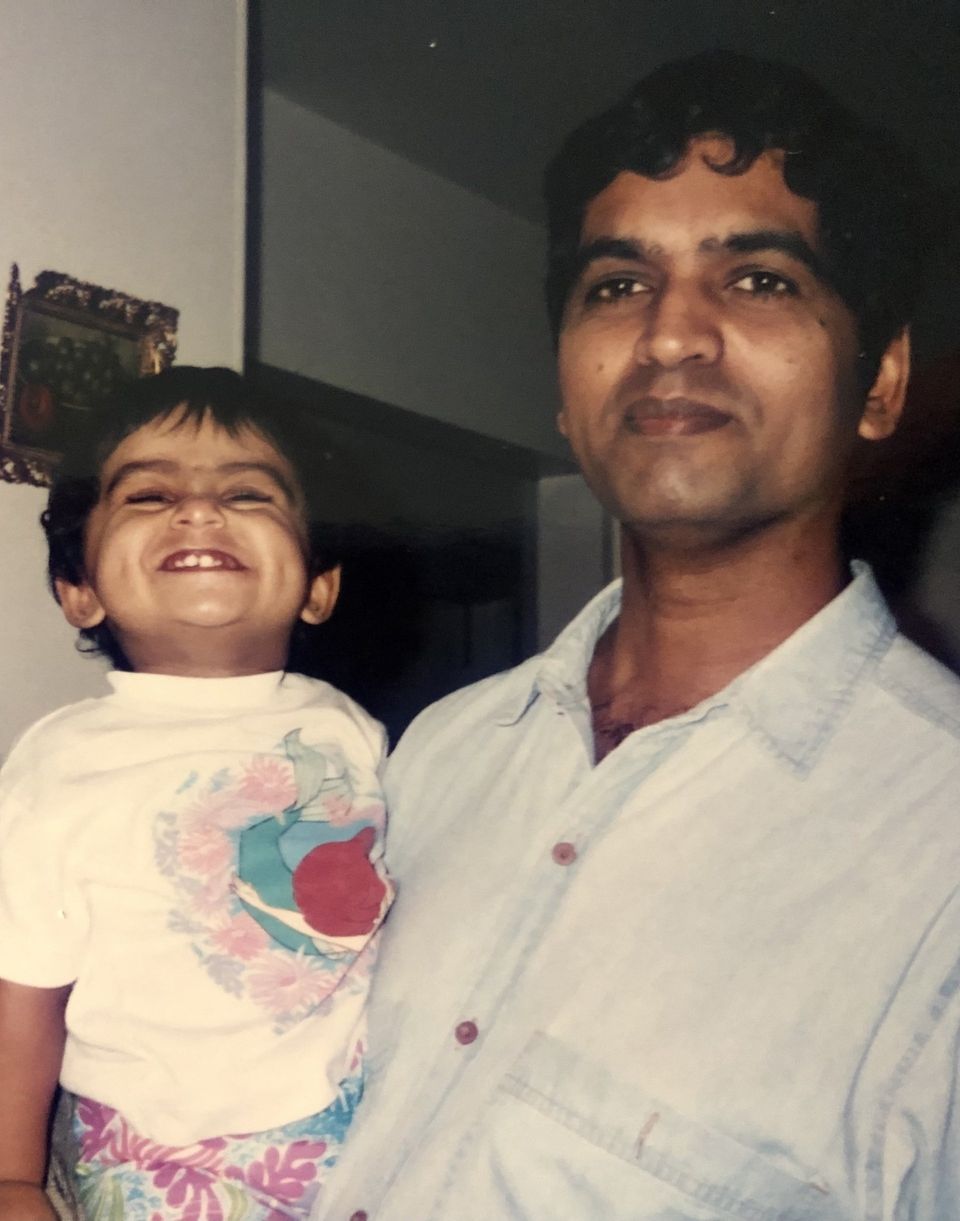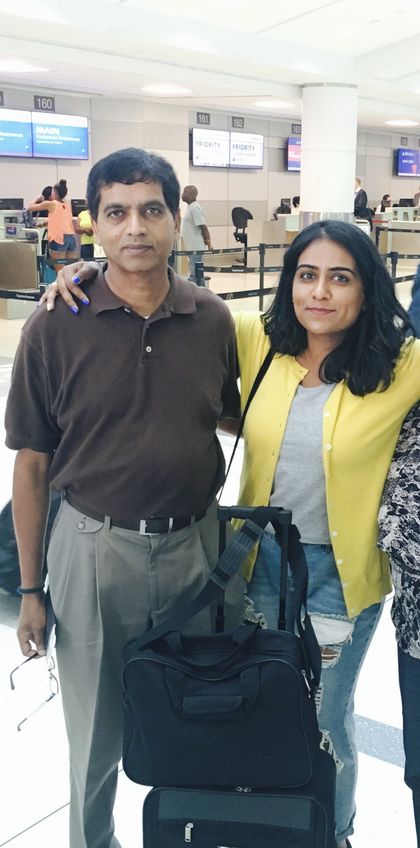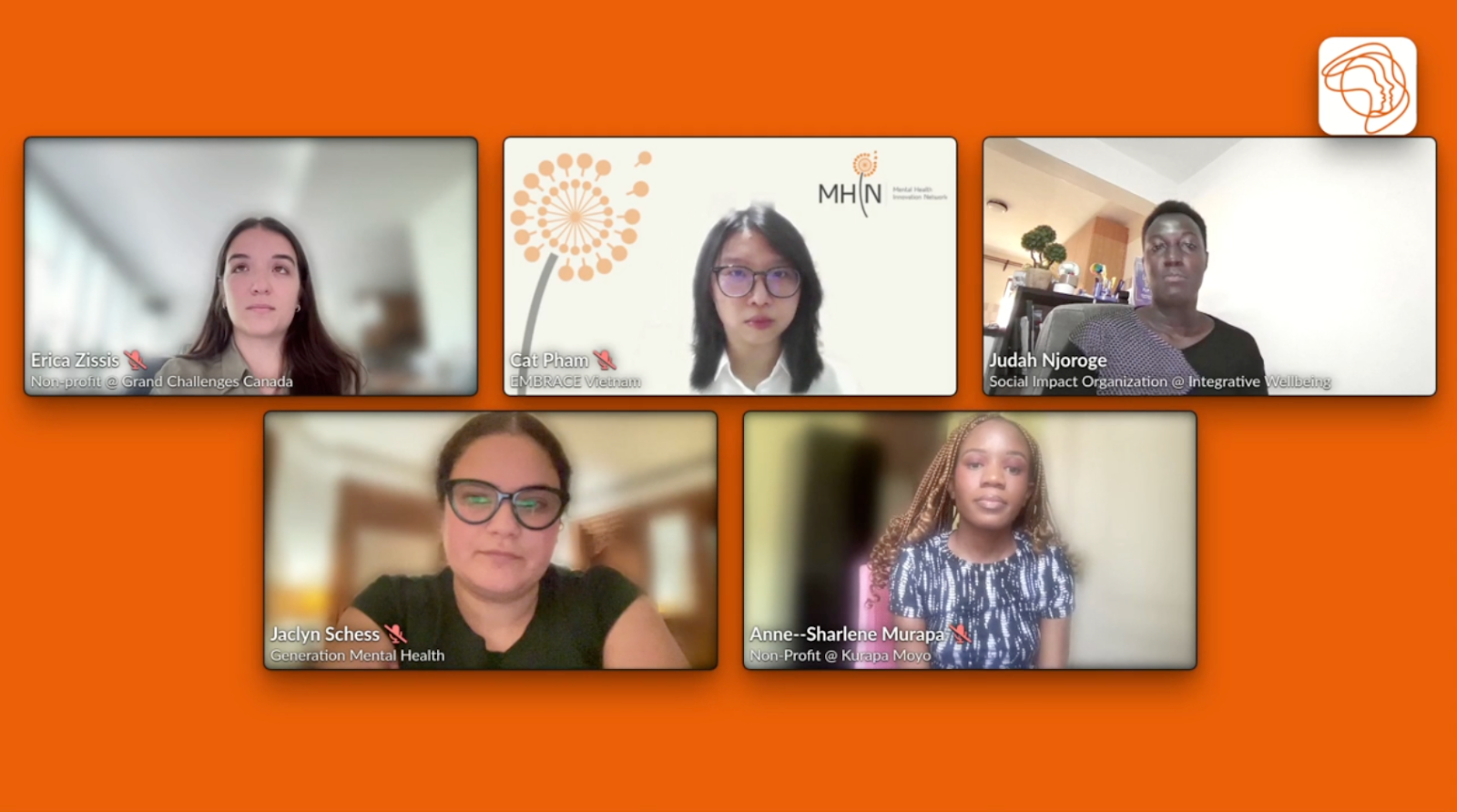Experiencing Grief during COVID-19: A Perspective
“Change is the only constant in life” - Heraclitus
Even without considering the emergence of COVID-19 and the fear it brought, I will always remember 2020 as the year that changed my life. I was at a high in my life in 2019, driven to experience the most I could in this world, part of which a stepping-stone was embarking on an international experience that I dreamed of. I was pursuing a post-graduate program in Public Health, one which aligned with the difference I wanted to make in this world.
This decision of mine to move across the pond, while although difficult because I was leaving behind my loving family and friends for about a year, was something I knew I had to do. It was the journey I had to take in order to fulfil my life’s purpose. Furthermore, it was the perfect opportunity to show everyone, what a strong, independent and fearless individual I was.
I knew that this decision made my dad proud; it gave him the happiness that his child was able to follow her dreams. It was because of all the sacrifices and hardships that he went through, that I was able to live such a liberating life. My father was younger than me, when he left our native country in Sri Lanka, fleeing the civil war, he built himself, and worked tirelessly through so many hardships (a fate that many refugees and asylum seekers still face), in the hopes that he would secure a better future for himself and his family.
2020 was my year to make him proud. I took my international opportunity very seriously, ensuring that I could make the most out of my time spent overseas. I made sure that I had stories which I could tell my dad, because I felt those were significant moments that would make him proud and make him see how much I valued his guidance and his faith in me and my dream.
But just like that, on February 7th, 2020, 10 days before my 26th birthday, my father, my mentor and my biggest supporter, the person that I was working so hard to make proud, passed away. Just like that I felt my world come crashing down. I spent 5 hours flying back home, unable to wrap my head around everything. Beating over the fact, how did I let this happen? How was I so selfish?
I have been told that after the loss of a loved one, the time spent coming to terms with the change can be extremely difficult. Normally, we get support from our loved ones, and those that were near to the one we lost. While that was true in my case, it was not to the extent or caliber that it would have been had we not all be in a global pandemic. There is comfort in face-to-face human interaction or human touch; yet because of social distancing and lockdown measures that were enforced, the warmth and comfort one would find in hugs and acts of compassion from friends and extended family became a foreign concept.
The lockdown measures at the beginning of the year were very hard to cope with. Rather than carrying on with each person’s busy schedule, this time was an opportunity for families to spend quality time with one another. However, for me it was in dealing with the negative emotions of realizing that my family was not complete, nor would ever be from this point on. These feelings were so unfamiliar, and so conflicting. What is worse, is that any time I had negative feelings or negative thoughts running through my head, it was my dad who immediately noticed the change that seemed to be plastered on my face, it was only recognizable to him. He helped me get through all the hardships I faced thus far in life; but now that he was not there, it was something that made me feel even more conflicted and lost.
I’m sure that we can agree that we do not know what tomorrow will bring. But during a global pandemic, the uncertainty in what tomorrow will bring is extremely anxiety provoking. Think of what this thought would be when you are already going through uncertain times-hard to wrap your head around isn’t it?
The stress of losing a loved one is without a doubt extremely difficult and having to deal with the uncertainty and stress of COVID-19 is something that is even more stressful. At first, I would do everything I could to avoid coming to terms with all the life changing events that have happened this year.
I pushed myself into work, studying and pretending like I was okay on the outside. I put up a front, showing to others that I truly was strong, saying things like I’m okay, when I was just numbing the pain of losing the most important person in my life. I never thought to ask anyone for help or would always respond as if everything was fine; I just assumed they wouldn’t understand what I was going through. I never asked my mom or brother because I didn’t want to put them through the pain that I was feeling. I would suppress the tears anytime I felt down. I thought that if I started crying, I wouldn’t be able to control the ache in my heart and wouldn’t know how to stop crying.
It’s nearing a year since I lost my dad, and the pain is still very new. Emotions overcome me in waves. And when I’m down, it is difficult to do anything else. There are moments, when I feel like I can get work done and “enjoy” my day, and then there will be moments where I cannot move, get out of bed, converse with anyone, and will just sit silently not realizing how much time is passing by.
I decided that I was finally ready to write this blog. Experiencing grief without a doubt is one of the most difficult experiences to go through in life; and to do so during exceptionally uncertain times, such as the global pandemic we are experiencing is even more difficult. But what I wanted to emphasize and really advocate for, is despite all the craziness in this world or in your life right now, try not to hide your emotions.
There is nothing inferior about coming to terms with your emotions and addressing those vulnerabilities. I remember trying to suppress feelings when I was low, by pushing myself to work harder; but throughout these 9 months, those bottled-up emotions burst 2 or sometimes 3-fold higher. Reach out to your loved ones, you don’t have to go through this alone. Even though situations have changed in which you should follow pandemic protocol; the support you can get can still be obtained. (For those of you who may know someone who is going through a tough time, reach out to them to show your support). Most importantly, be nice to yourself, and accept that you cannot control everything. It's important to come to terms with that, and realize that with time, things will sort themselves out.
By Lahmea Navaratnerajah




